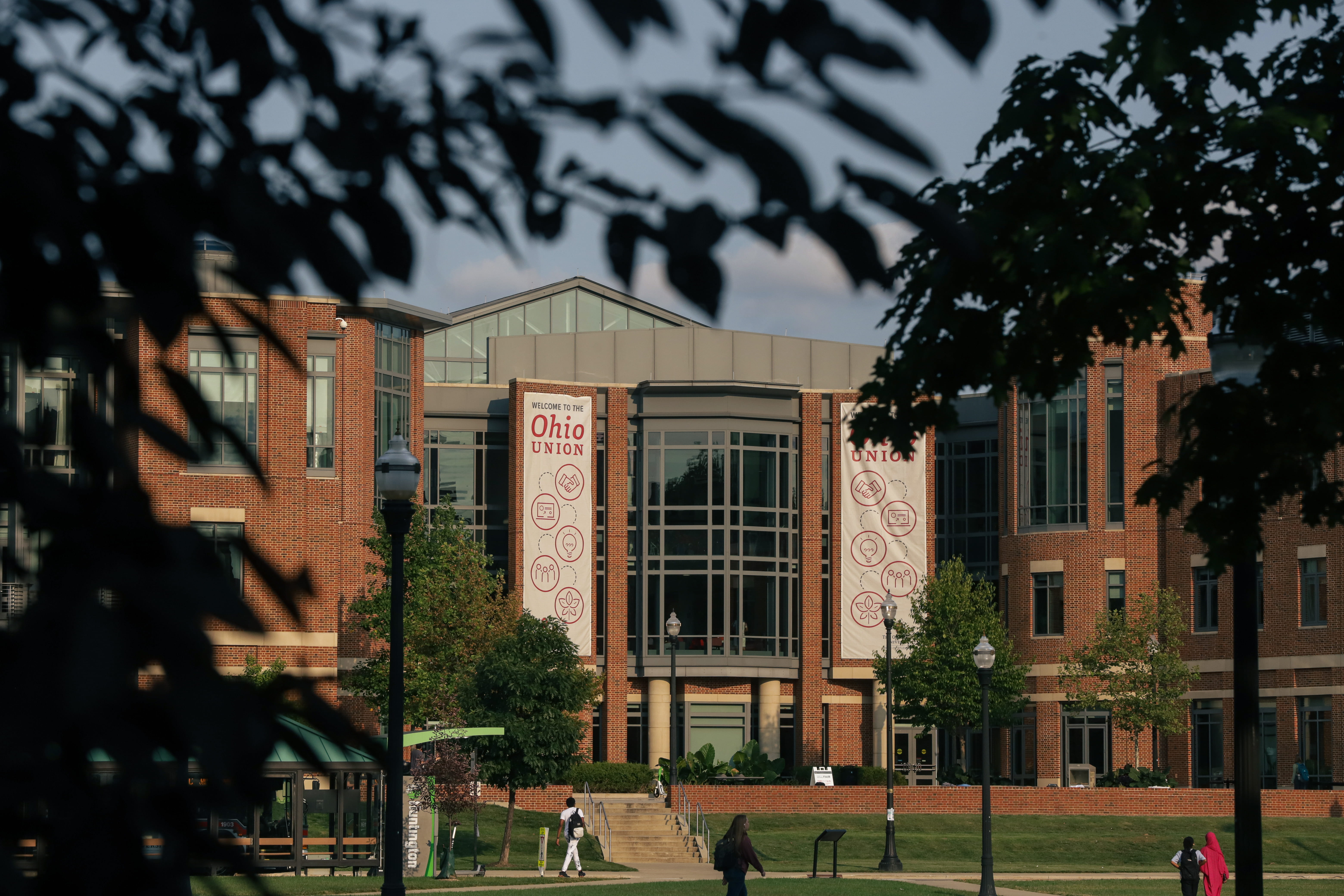
Senior Vice President for Student Life Melissa Shivers reminded the university community of the space rules in place throughout finals week Tuesday. Credit: Lantern File Photo
The day before final exams begin, Senior Vice President for Student Life Melissa Shivers sent an email to the university community asking students to “be thoughtful about ways they can support other Buckeyes’ preparation and success.”
Specifically, Shivers reminded the university community that spaces on campus are meant to be “conducive to academic focus and success,” and to achieve that, sound restrictions are in place through the last day of finals.
“To be clear, unless prior authorization has been granted, amplified sound is not permitted indoors or outdoors,” the email stated. “This includes, but is not limited to, audio enhancement devices, vocally amplified sound, and other noise-making instruments. Building coordinators, student support staff and public safety partners will assist in upholding the space rules.”
The university’s space rules, which lay out restrictions for certain activities on Ohio State’s campuses, state that the university can “require reasonable time, place and manner limitations be placed on usage to ensure that the usage does not disrupt the University’s mission, administrative functions, or other campus-life activities.”
During the semester, the rules state that noise is restricted Monday through Friday before 5:30 p.m. and after 10 p.m. The university defines restricted noise as disruptive of “the function of the University” or that can be heard more than 50 feet from its source.
This reminder comes after protests regarding the Israel-Hamas war on college campuses have gained national attention. Ohio State students and Columbus organizers have held a variety of protests on campus since the war’s start on Oct. 7, 2023, sometimes addressing speech restrictions at other universities.
Most recently, Ohio State students held a protest in solidarity with students who were suspended at Columbia University for protesting the school’s ties to Israel through an encampment on the campus lawn. The next day, a video of students chanting “The Zionists have got to go” at the protest went viral, drawing condemnation from the university and others online.
Though the rules are in effect year-round, Johnson said they are more heavily enforced during finals week based on how students studying in the same environment as protesters are affected. To survey this, university officials approach students and ask if their focus has been disrupted.
Students have held at least 10 protests in the hours of enforcement since Oct. 7. At least one, where three students protested at an All Staff Wellness Event, resulted in disciplinary action.
As a response to increased enforcement of these university space rules, two students were arrested outside of Meiling Hall Tuesday for criminal trespassing during a rally for “divestment” and “university democracy.”


